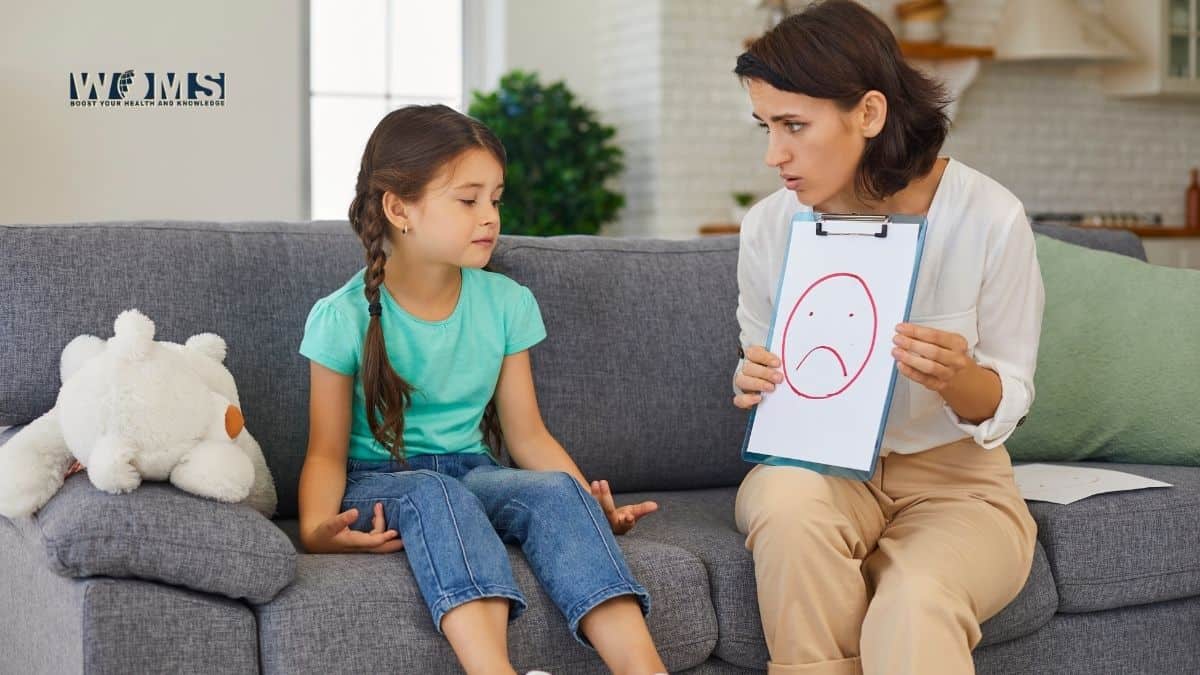How to Spot Anxiety in Children

Seeing your child exhibit potential anxiety symptoms can be particularly difficult for parents of young children. As a parent, you want your child’s childhood to be carefree and enjoyable. However, anxiety can arise even in loving, safe, and supporting households.
Here we will share a few ideas to help your child cope with stress and how you can spot anxiety in your youngsters.
It’s crucial to realize that you’re not alone if you feel your child is suffering from anxiety. It is projected that between 12% and 24% of American youngsters would experience psychiatric problems at some point during their lives. The good news is that there are numerous options available to assist your child in managing anxiety and resuming normal childhood activities. Teach your child to manage emotions, this will help him cope with anxiety and stress.
Signs and symptoms of anxiety in children
Keep in mind that each child is unique, however, there are some common anxiety symptoms in youngsters. Anxiety often manifests itself in the domains of socializing, learning, sleeping, and eating that are most crucial for a child’s development. Anxious children may have difficulty developing or maintaining friendships. They may be concerned about what they will say, how they will say or do something, or what other children will think of them.
Anxiety might interfere with schoolwork. It has the potential to induce children to become distracted. Academic pressures and social settings at school can be difficult for anxious students. At school, there are several possibilities for criticism, which can lead to an increase in anxiety.
Sleep issues occur in children with anxiety, just as they do in adults. They may have difficulty falling asleep or sleeping alone. Anxious children’s bedtimes and sleep patterns are frequently different from those of their peers. Sleep has an impact on a child’s development, concentration, and emotions.
Anxiety might also manifest itself at mealtimes. Anxious children may be picky eaters who are concerned about the flavor or texture of their meals. They may be afraid of trying new foods or foods that come into contact with each other on the same plate or fork. They may also be concerned about choking or consuming tainted food.
Identifying and Treating Anxiety in Children
Childhood anxiety is often overlooked because it manifests as unpleasant or strange behaviors that some people mistakenly believe would be ‘outgrown.’ If any of these symptoms or behaviors persist, speak with a Psychologist who treats anxiety with a Cognitive-behavioral method. Because parenting children with anxiety can be difficult, make sure to seek help for yourself through a parent support group for children with anxiety. You might also think about seeking psychological help to provide support and assistance as you work with your child to reduce anxiety.



